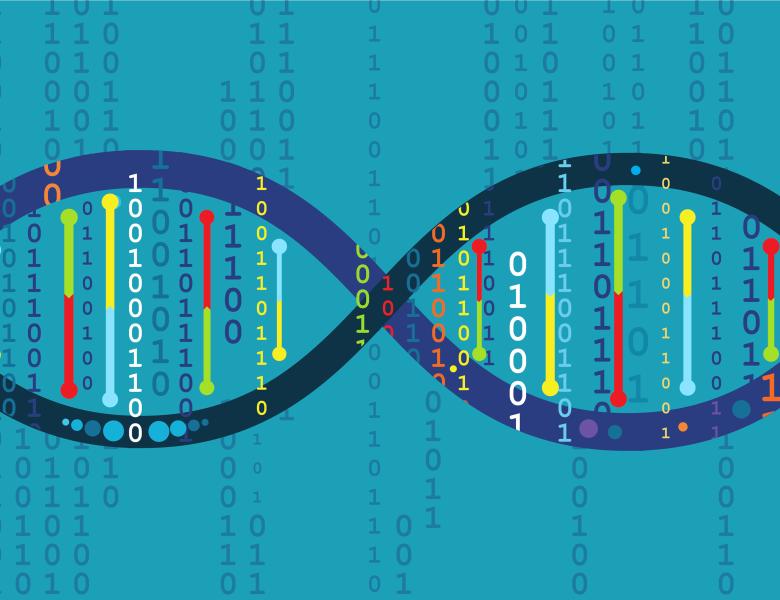
Abstract
The Earth BioGenome Project (EBP) aims to sequence, catalog, and characterize the genomes of all of Earth’s eukaryotic biodiversity. The ultimate aim is to use these genomes as a foundation for revealing the “rules of life,” i.e., how biological complexity arose, the relationship between genotype and phenotype, and how biological systems evolve under changing environmental conditions. EBP affiliated projects and sequencing nodes are now producing annotated reference-quality genomes at a pace to complete the Phase I goal of sequencing at least one representative species of all ~9,400 eukaryotic taxonomic families in the next three years. Despite this early progress, the project still faces many challenges in achieving Phase I, Phase II (all genera) and Phase III (all remaining species) in a 10-year timeframe. In my talk, I will review progress made by EBP-affiliated projects and will focus on the technical and computational challenges in producing and analyzing reference-quality genomes at scale, across the eukaryotic tree of life and at ecosystem level. Meeting these challenges is imperative and will lead to advances that will address significant global problems, such as mitigating the effects of climate change on biodiversity and agriculture, conserving endangered species, achieving pandemic preparedness, and identifying new sources of food, medicine and biomaterials to drive a sustainable bioeconomy.


